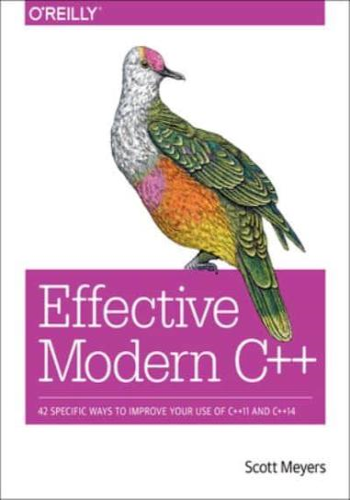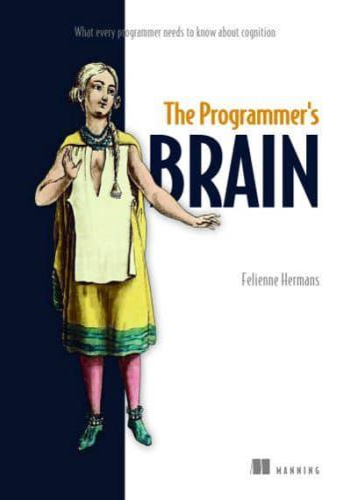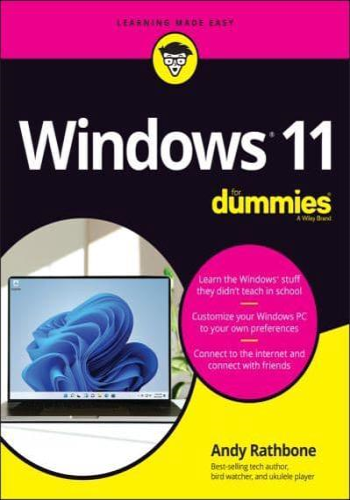Coming to grips with C++11 and C++14 is more than a matter of familiarizing yourself with the features they introduce (e.g., auto type declarations, move semantics, lambda expressions, and concurrency support). The challenge is learning to use those features effectively-so that your software is correct, efficient, maintainable, and portable. That's where this practical book comes in. It describes how to write truly great software using C++11 and C++14-i.e. using modern C++.
Topics include:
- The pros and cons of braced initialization, noexcept specifications, perfect forwarding, and smart pointer make functions
- The relationships among std::move, std::forward, rvalue references, and universal references
- Techniques for writing clear, correct, effective lambda expressions
- How std::atomic differs from volatile, how each should be used, and how they relate to C++'s concurrency API
- How best practices in "old" C++ programming (i.e., C++98) require revision for software development in modern C++
Effective Modern C++ follows the proven guideline-based, example-driven format of Scott Meyers' earlier books, but covers entirely new material.
"After I learned the C++ basics, I then learned how to use C++ in production code from Meyer's series of Effective C++ books. Effective Modern C++ is the most important how-to book for advice on key guidelines, styles, and idioms to use modern C++ effectively and well. Don't own it yet? Buy this one. Now".
-- Herb Sutter, Chair of ISO C++ Standards Committee and C++ Software Architect at Microsoft







